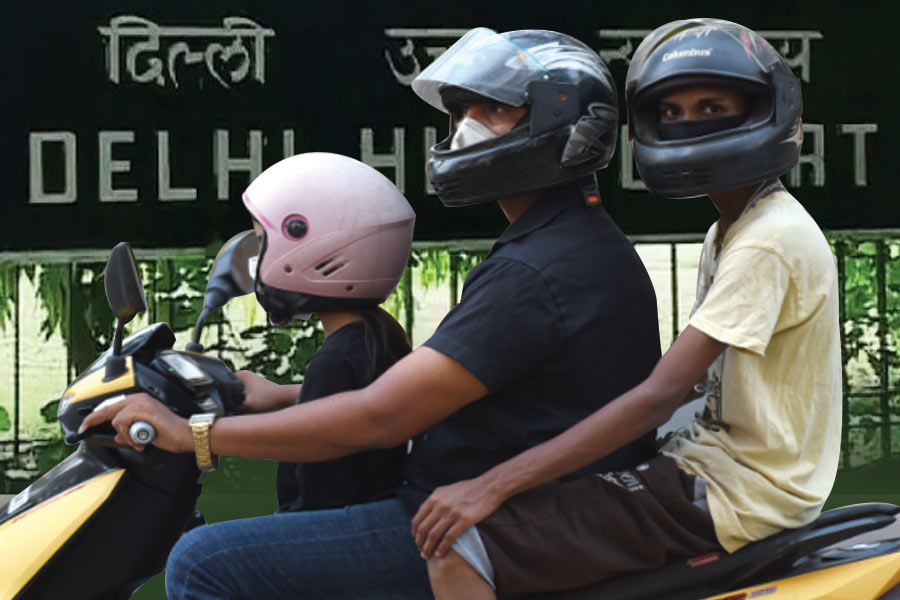Helmet Rules in India: Everything You Need to Know
Rules for wearing helmets in India
Section 129 of the Motor Vehicle Act states that individuals who ride a bike (even a pillion rider) older than four years must "protective headgear." However, the law has undergone several amendments to ensure that it covers all aspects related to bike riding on highways or other public roads in India.
Remember that this rule applies to both the rider and the pillion riders. Here is a list of rules for wearing helmets in India:
- Helmets must meet the material and design standards outlined in Section 129(a) to provide the highest level of protection for the driver and accompanying passenger.
- In accordance with article 129(b), both the driver and pillion rider must securely fasten the helmet with straps. This rule promises to give a sense of safety in a road incident, since the helmet will remain on the head.
- Fine of INR 1,000 for non-compliance with this rule and suspension of driving license for three months.
- The helmet must be between 22 and 25 mm thick, weigh 1.2 kg and use high quality foam.
- Additionally, all helmets must carry ISI markings mandated by the Ministry of Road Transport and Highways. Selling helmets without the ISI mark is illegal and may attract penalties from the authorities.
- People who wear turbans are exempt from the mandatory use of helmets while riding two-wheelers in India.
- As per Section 138(4)(f) of the Central Motor Vehicle Rules (CMVR), all two-wheeler manufacturers must offer BIS compliant helmets to their customers. One is for the rider and one for the passenger.
In addition to wearing a helmet, you must adhering to other Motor Vehicle rules and regulations of other vehicles at all times. These rules include respecting traffic signs, not using your cell phone, driving in the designated lane, maintaining the speed limit, having valid bike insurance policy, etc.
Note: Helmet laws and provisions might differ from state to state. Check your state's RTO or Highways and Transport Authority website to update it with the latest provisions.

Which is the Right Type of Helmet?
Here are some tips to keep in mind when choosing the right helmet for you:
- According to the law, wearing a half helmet is prohibited in India.
- The Motor Vehicles Act has given guidelines to helmet manufacturers in India. According to this, they must follow the BIS (Bureau of Indian Standards) policies while designing their helmets.
- Also, helmets to be sold in the Indian market must pass BIS tests. These tests are conducted to check its toughness so that it works well in different winter conditions.
- Otherwise, all helmets must have a relevant IS stamp, as indicated by the Ministry of Road Transport and Highways.
Not Wearing a Helmet Can Reject Bike Insurance Claims?
A bike insurance claim rejection depends upon multiple factors. Specific exclusions or terms and conditions are set out in the policy documents, which should be read carefully before purchasing the policy.
Since wearing a helmet is mandatory as per the law for bike riders and pillion in India, the bike insurance company will reject the claim if it causes damage or loss during a road accident.
Therefore, you should always wear a helmet while riding your two-wheeler. Additionally, it is recommended to purchase a comprehensive bicycle insurance policy as it provides financial coverage in the event of a collision or traffic accident.